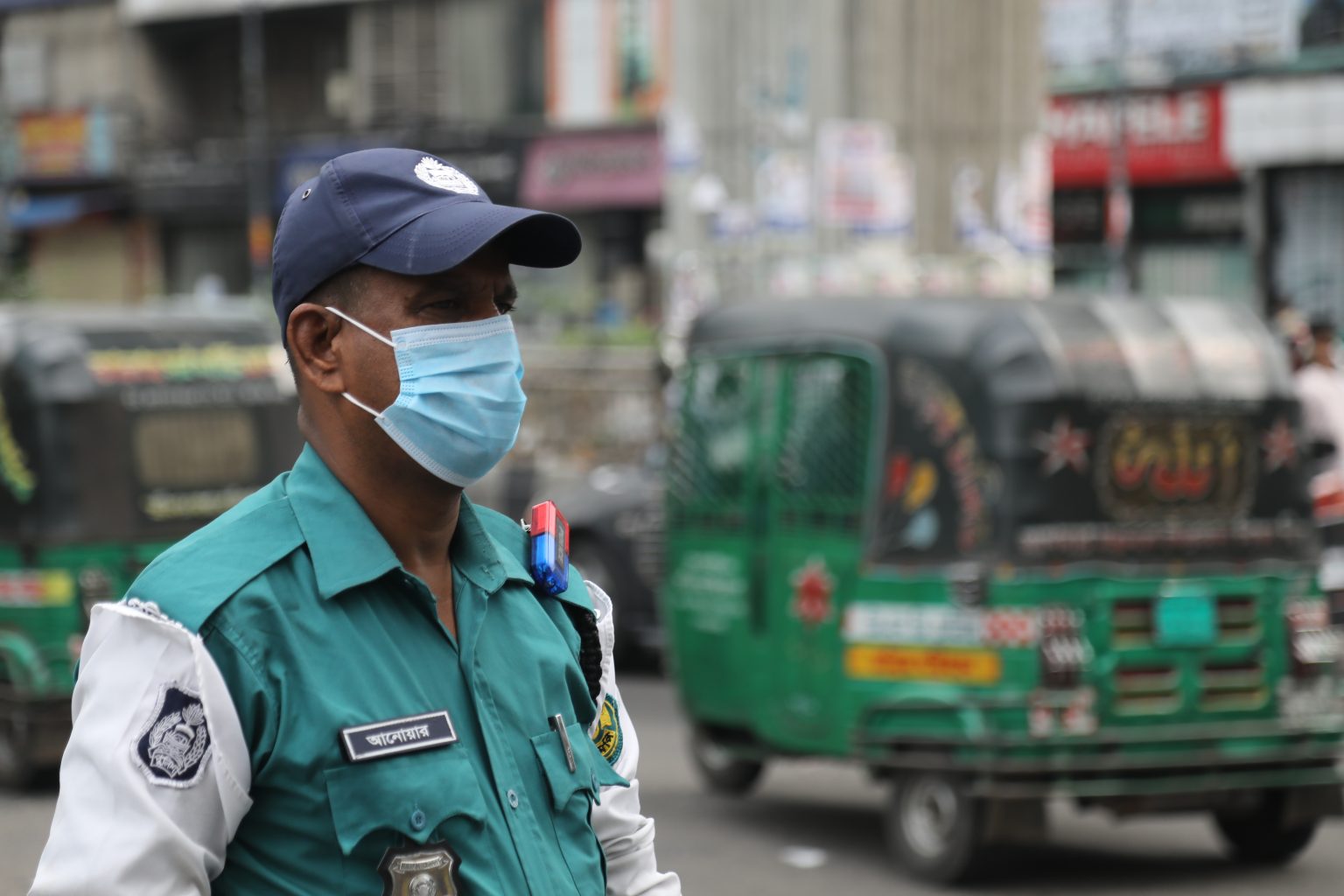The interim government has made multiple attempts in the past 10 months to improve law and order by keeping crime under control, but all efforts so far have proven to be futile at the end of the day.
In addition to awarding magistracy powers to the army, special drives taken by the incumbent Muhammad Yunus government could do little to keep perpetrators in check.
According to police records, organised crime shows no signs of abatement. Additionally, experts fear that the number of crimes may increase in the coming days due to enforced idleness of the police department and the government’s lack of seriousness regarding the matter.
For example, Dhaka alone witnessed an unceasing rise in criminal activities, with the Dhaka Metropolitan Police (DMP) showing 7,827 criminal cases filed in different police stations of the capital in the first six months of 2025.
This is an 18% increase for the same period last year.
The highest number of crimes occurred in Sadarghat, Mugda, Jatrabari, Rupnagar, Mohammadpur, Badda, Rampura, and Mirpur, according to DMP data.
Dhaka police reported that as many as 217 killings have taken place so far in the capital this year. Of them, 36 occurred in January, 38 in February, 33 in March, 29 in April, and 32 in May. In June, an alarming 49 people were killed.
In the midst of public outcry regarding the alarming rise in crime, including the gruesome murder of businessman Sohag near Mitford Hospital, the Chief Adviser’s Office brushed aside concerns, refuting recent media reports that claimed a dramatic rise in violent crime across the country.
“The claim that crime is sharply rising this year is not completely supported by the data. In fact, the data reveals stabilisation in major crime categories over the past 10 months,” CA’s Press Wing said in a statement on Monday.
“These are not the hallmarks of a crime wave. In fact, some of the most serious crimes are either declining or stable. Only a few crime categories have increased,” it said without mentioning the “serious” crimes and the “categories”.
Former police chief Muhammad Nurul Huda told Times of Bangladesh that the government should take measures pursuant to the nature of crimes, not the figures. “The most important thing is whether such crimes trigger fear among citizens and whether or not people have confidence in the police.”
Regarding government actions so far, he said, “No matter what the operation is – joint drive, special operation, or a combing operation – it won’t yield any results unless there is concrete intelligence about the criminals.”
Citing lapses in collecting information by intelligence bodies, he said, “Because of this gap in information, illegal arms are not being recovered, and criminals are not being apprehended or brought to justice.”
Omar Faruq, lecturer of criminology at Mawlana Bhashani Science and Technology University, said as political parties have not been able to reach a consensus, criminals are seizing this as a “golden opportunity” to create chaos and anarchy.
He blamed the weak administrative system and political instability for the current state of criminal affairs, resulting in growing insecurity amongst the public.
“Law-enforcement agencies need to become active in a way that earns public trust. Today’s police force is unfamiliar with this level of law-and-order breakdown and mob culture. To build their capacity, proper training must be arranged,” cited the professor.
The volatile law-and-order situation prompted the Home Ministry on Sunday to launch a “combing” operation across the country, but it is not clear yet when exactly the operation will begin.
Earlier, the government launched the army-led “Operation Devil Hunt”, giving them magistracy authority, but that too has brought little success.


